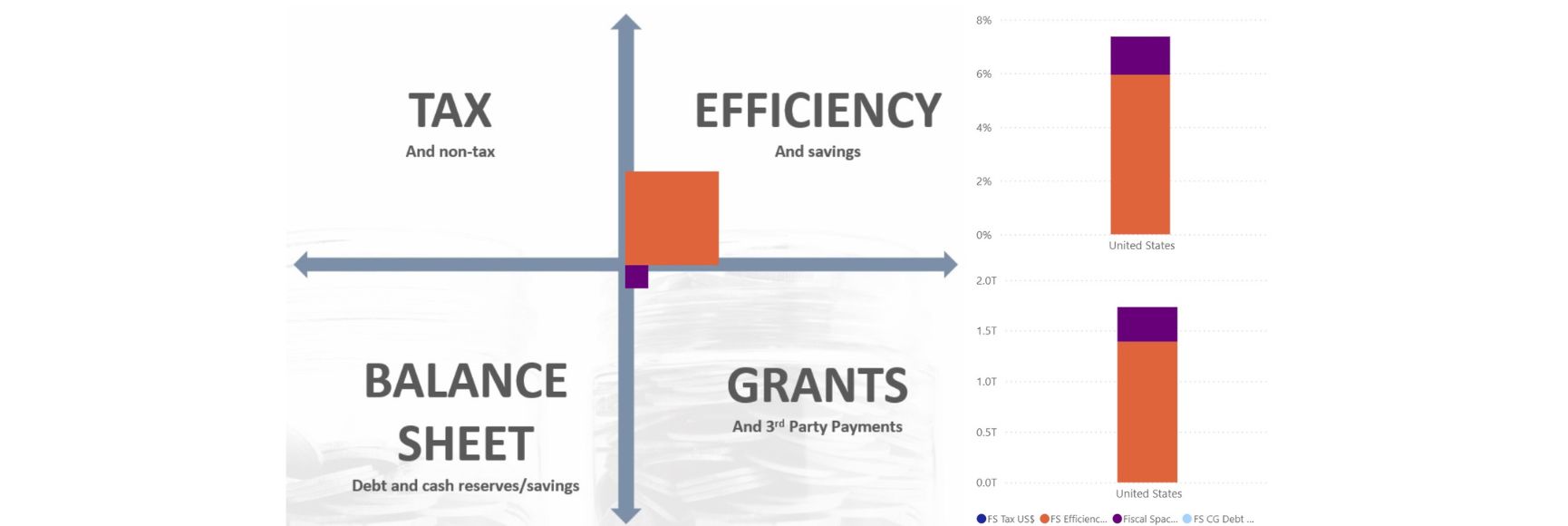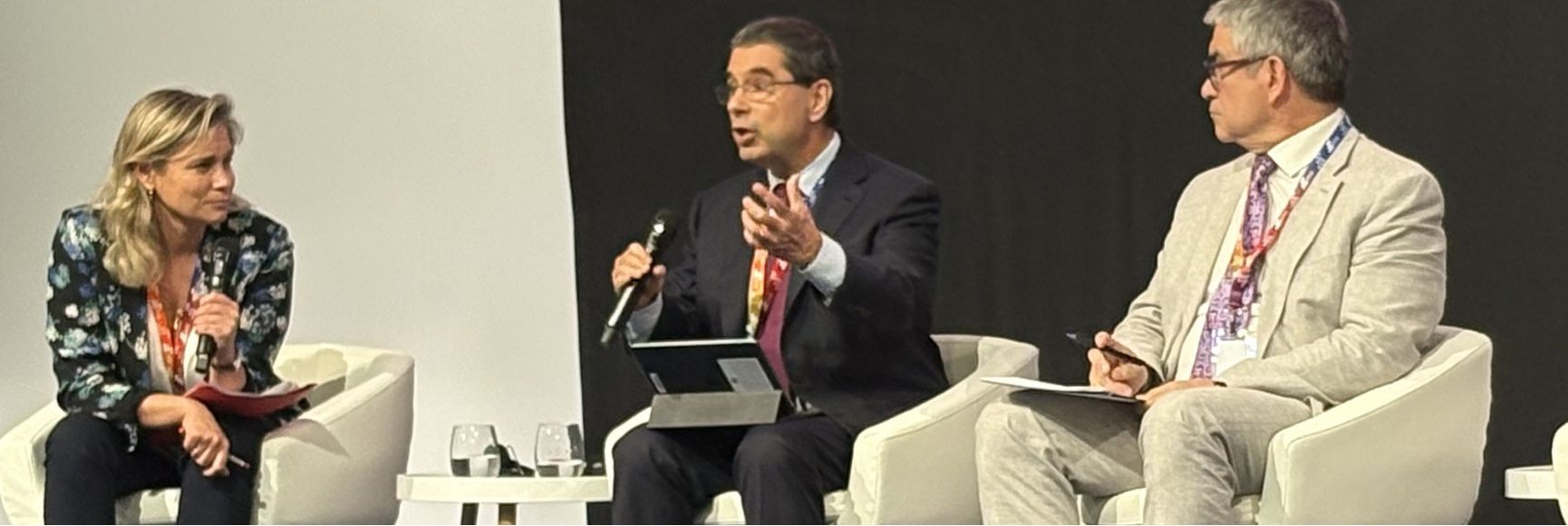Posted by Jean Pierre Nguenang
The OECD recently published a Global Report on the implementation of the “Principles on Good International Engagement in Fragile States and Situations”. These principles, endorsed by ministers of the OECD Development Assistance Committee in 2007, were developed to guide international engagement in fragile states across a wide agenda. This agenda includes issues such as security, diplomacy, development cooperation, peace building, humanitarian action, trade, and investment. The resilience of the PFM systems is a fundamental pre condition for the success of the initiative.
This is the first report that assesses the implementation of the principles in six countries. [1]The Global Report synthesizes the findings and recommendations from these six countries’ progress reports elaborated in 2009 through a transparent consultation including a diverse range of international partners and national stakeholders.
Overall, progress in implementation is slow. Implementation of only one out of ten principles is rated good (principle 6), four are rated moderate and improving (principles 5, 7, 8 and 9), one is mixed (principle 1), three are moderate (principles 2, 3 and 4), and one is weak (principle 10).
The formulation and main messages of each of the Ten Principles are as follows:
Principle 1: Take context as the starting point (mixed). The analytical effort required to understand the country context has not always been shared or sustained. A lack of consensus on the interpretation of context reflects the different standpoints and agendas of stakeholders.
Principle 2: Do no harm (moderate). Examples of harm were stated where the international presence leads to the weakening of state capacity and where the uneven distribution of aid funds leads to unintentional widening of social disparities.
Principle 3: Focus on state building as the central objective (moderate). Although there is a clear and increasing recognition of state building, technical assistance was focused on institutional development within the executive, with less attention to the other arms of government.
Principle 4: Prioritize prevention (moderate). Crisis prevention strategies indicating risks within the countries have not been developed. However, in most of the fragile countries, rapid response has been deemed adequate.
Principle 5: Recognize the links between political, security and development objectives (moderate and improving). There is a broad recognition of a need for a comprehensive and integrated approach, but in operational terms, integrated approach is still an exception.
Principle 6: Promote nondiscrimination as a basis for inclusive and stable societies (good). Although some forms of discrimination are deep seated, nondiscriminatory practices and inclusive policies have been sustained, particularly in the area of gender.
Principle 7: Align with local priorities in different ways in different contexts (moderate and improving). Where prioritized national strategies exist, donor country strategies are aligned. In operational terms, however, efforts are needed to deepen alignment: use of country systems. Many parallel project implementation units continue to be set up and used.
Principle 8: Agree on practical coordination mechanisms between international actors (moderate and improving). Most countries have active donor coordination arrangements that help for harmonizing activities—multidonor trust funds, budget support, and delegated cooperation arrangements. Sharing of responsibilities in terms of activity among donors was not reported.
Principle 9: Act fast… but stay engaged long enough to give success a chance (moderate and improving). Rapid response was observed in humanitarian action, while in others, rapid response was considered low. Despite their engagement for a long perspective, there are fewer examples of good practice on the medium-term predictability of aid.
Principle 10: Avoid pockets of exclusion (weak). Imbalances in the provision of aid between countries, between provinces, and between social groups were stated. Strategies to avoid pockets of exclusion have not been developed.
In order to address these deficiencies, the Global Report recommends:
- Fostering and, as necessary, exerting leadership to create consensus around a common vision and to negotiate shared goals. This vision should promote a consolidated approach. When common objectives cannot be agreed, differences have to be managed to minimize incoherence.
- Rooting crisis prevention in sustained analysis. Crisis prevention should not ignore too early security area and should prioritize economic opportunities, with a particular focus on youth.
- Recognizing that post-crisis societies present an opportunity to negotiate a new social contract— the pact between the state and citizens. Existing disconnects among population and among regions could be aggravated by highly uneven aid modalities and volumes. Decentralization can help to improve service delivery, but such processes need to be managed cautiously.
- Recognizing that state building is a fundamentally political process. State building needs to involve a range of national stakeholders including members of Parliament, audit institutions, the judiciary, civil society, and political parties.
- Moving away from the current piecemeal approach to capacity development. Capacity development efforts should be realistic and not underestimate the time and scope of the support needed, which can be sequenced in stages.
- Supporting domestic mobilization. Continuing to increase revenue collection will improve the state’s capacity to fulfill its functions and derive legitimacy from it.
- Recognizing that effective aid is all the more important in fragile settings where priorities are many and capacities constrained; it requires a proactive approach. A proactive approach should improve the quality of national strategies and country systems, but also include ring fencing, shadow alignment and use of multidonor trust funds for progressive alignment. Agreed division of labor among donors is highly necessary to achieve a systemic impact.
Although the Global Report is not focused on public finance, it identifies weaknesses in revenue collection and public financial management (PFM) systems in almost all fragile countries. The report proposes to enhance the PFM systems. The main weaknesses and solutions to solve them are as follows:
- Policy-based budgeting is weak. Differences on the vision and the goals do not facilitate the public policy formulation that is essential for preparing a state budget. In addition, no mechanism is set up to collect donors’ assistance on a multiyear perspective in expenditure policy.
- Mobilization of domestic resource is insufficient. Domestic resource represented in 2008 less than 15 percent of GDP in most fragile countries. Strengthen revenue administrations and improve tax policies are essential.
- Procurement systems and expenditure chains are not efficient. Parallel projects' implementation units are still the most common mode of aid delivery. Only modest proportion of aid uses countries’ PFM and procurement systems. Continuing to improve the expenditure chains including the efficiency on the control system will reduce the number of parallel projects' implementation units and increase the use of local procedures.
- Predictability of aid is weak. Disbursements on schedule are modest. Medium-term predictability of aid is rare. Aids should be provided as part of a program-based approach.
- Reporting and accounting systems are not exhaustive. Only moderate proportion of disbursements is reported on the national budget as well as on the budget tracking statements.
The first Global Report on the implementation of the ten principles in fragile countries and situations used an appropriate participatory approach including international and national stakeholders. Its findings and recommendations were consolidated from the countries’ reports, each prepared on the basis of a common set of qualitative and quantitative indicators. Despite the fact that the assessment is qualitative rather than quantitative, it would help to adjust the principles and would serve as a baseline scenario for the assessment over time. It would be useful to extend the assessment to other fragile countries.
You can find the Global Report on the OECD’s website.
[1] The six countries included: Afghanistan, the Central African Republic (CAR), the Democratic Republic of Congo (DRC), Haiti, Sierra Leone, and Timor-Leste.
Note: The posts on the IMF PFM Blog should not be reported as representing the views of the IMF. The views expressed are those of the authors and do not necessarily represent those of the IMF or IMF policy.





